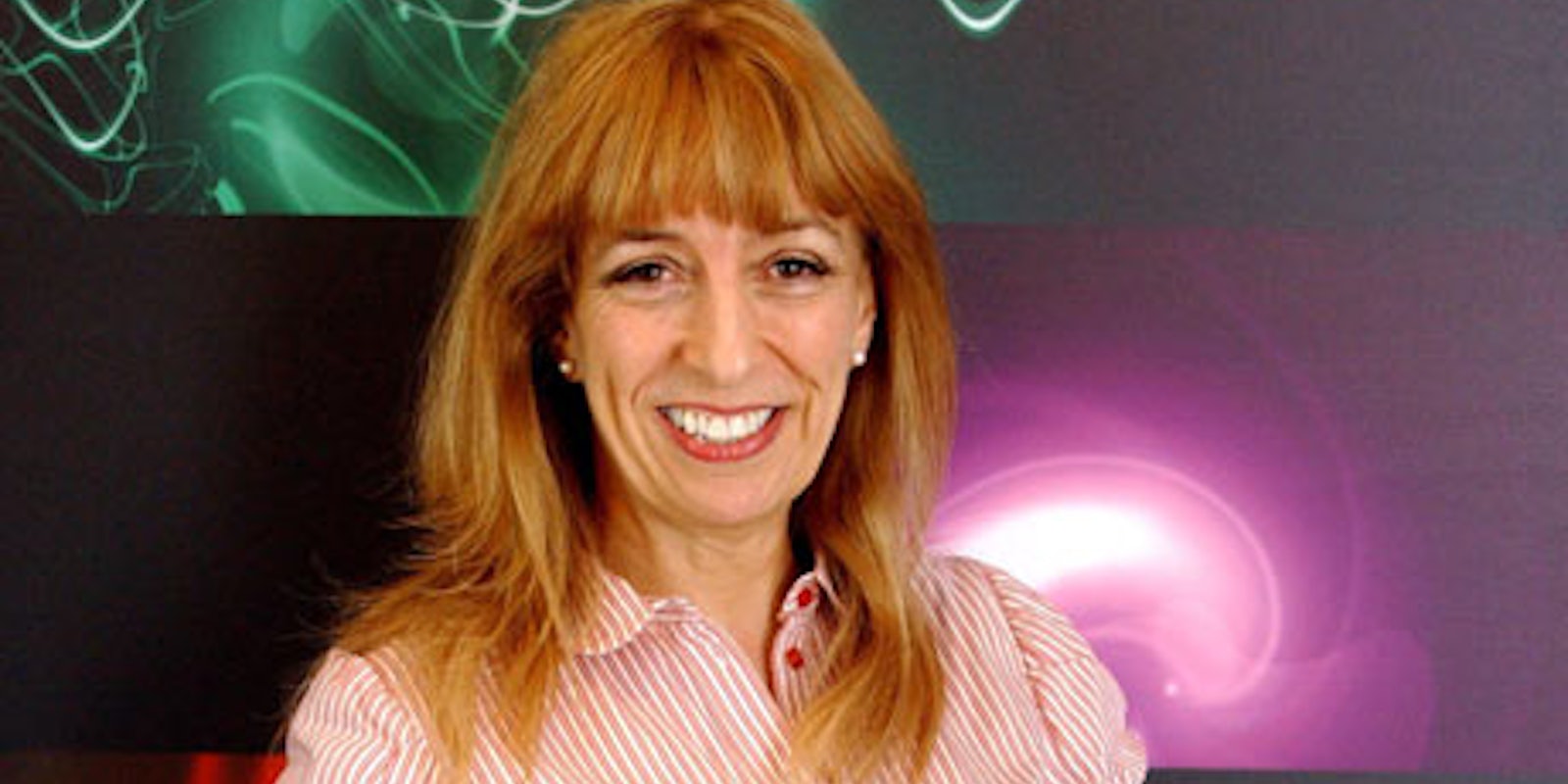Usually when a scientist’s theory turns out to be false, people don’t hear much about it. But thanks to a well-timed meme, just the opposite has happened to Baroness Susan Greenfield.
Greenfield is a neuroscientist at Oxford University best known for dire warnings about the effects that video games and the Internet have on children’s brains. Since her threats are usually high on drama and low on evidence, they don’t get much coverage. However, her latest supposition, that Internet use causes autism in children, has resulted in lots of press.
What changed? Well, this time, there’s a meme involved.
After Greenfield’s interview came out in New Scientist, her colleague, Oxford neuropsychologist Dorothy Bishop, wrote her an “open letter” warning her about fearmongering theories:
“You may not realise just how much illogical garbage and ill-formed speculation parents of children with these conditions are exposed to,” she wrote.
When The Guardian asked her for comment, Greenfield changed her tune.
“I point to the increase in autism and I point to internet use,” she told the Guardian. “That’s all.”
This connection was too tenuous for science journalist Carl Zimmer, who sarcastically tweeted:
“I point to the increase in esophageal cancer and I point to The Brady Bunch. That’s all. #greenfieldism”
His tag created a trend as other Twitter users readied their own Greenfieldisms. Zimmer collected some of the gems on Storify.
Though the intention of the meme wasn’t to increase publicity for Greenfield, that’s just what happened. The Wall Street Journal and Science 2.0 wrote about the meme as a major part of the controversy. This theory won’t die right away like most of Greenfield’s other assumptions. However, this might be the push Greenfield needs to realize that she can no longer get away with not backing up her story with facts.
I point to this meme, and I point to increased accountability in science journalism. That’s all.


